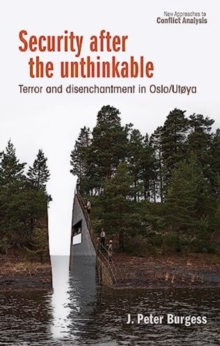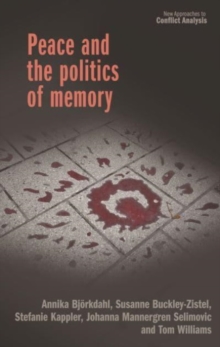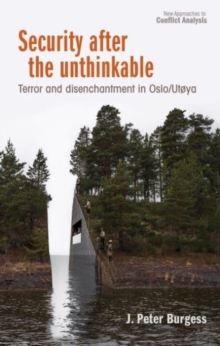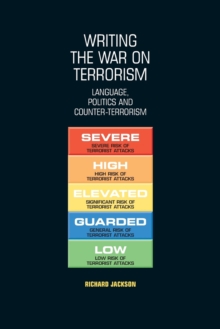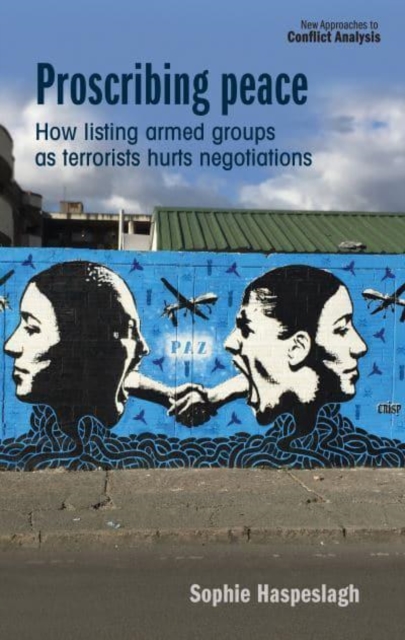
Proscribing Peace : How Listing Armed Groups as Terrorists Hurts Negotiations Paperback / softback
by Sophie Haspeslagh
Part of the New Approaches to Conflict Analysis series
Paperback / softback
Description
Proscribing peace offers a systematic examination of the impact of proscription on peace negotiations. By introducing the concept of ‘linguistic ceasefire’, Haspeslagh adds to our understanding of the timing and sequencing of peace processes in the context of proscription.
With relevance for more than half of the conflicts around the world in which an armed group is listed as a terrorist organisation, ‘linguistic ceasefire’ helps to explain why certain conflicts remain stuck in the ‘terrorist’ framing, while others emerge from it.
International proscription regimes criminalise both the actor and the act of terrorism.
Proscribing peace calls for an end to the amalgamation between acts and actors.
By focussing on the acts instead, Haspeslagh argues, international policy would be better able to consider the violent actions both of armed groups and those of the state.
By separating the act and the actor, change – and thus peace – become possible. -- .
Information
-
Less than 10 available - usually despatched within 24 hours
- Format:Paperback / softback
- Pages:240 pages, 2 black & white figures; 6 tables
- Publisher:Manchester University Press
- Publication Date:07/03/2023
- Category:
- ISBN:9781526171566
Other Formats
- Hardback from £79.85
Information
-
Less than 10 available - usually despatched within 24 hours
- Format:Paperback / softback
- Pages:240 pages, 2 black & white figures; 6 tables
- Publisher:Manchester University Press
- Publication Date:07/03/2023
- Category:
- ISBN:9781526171566
